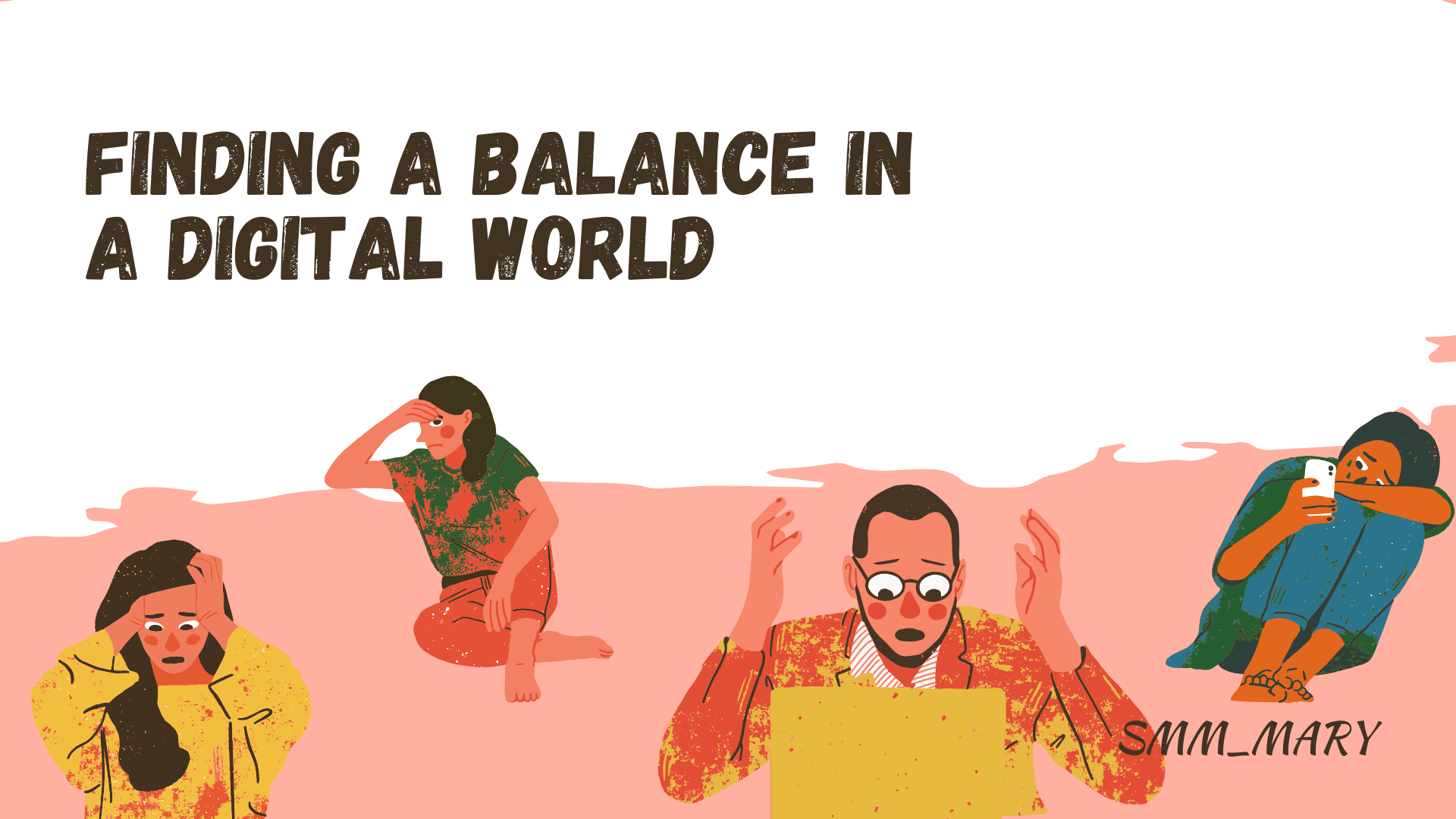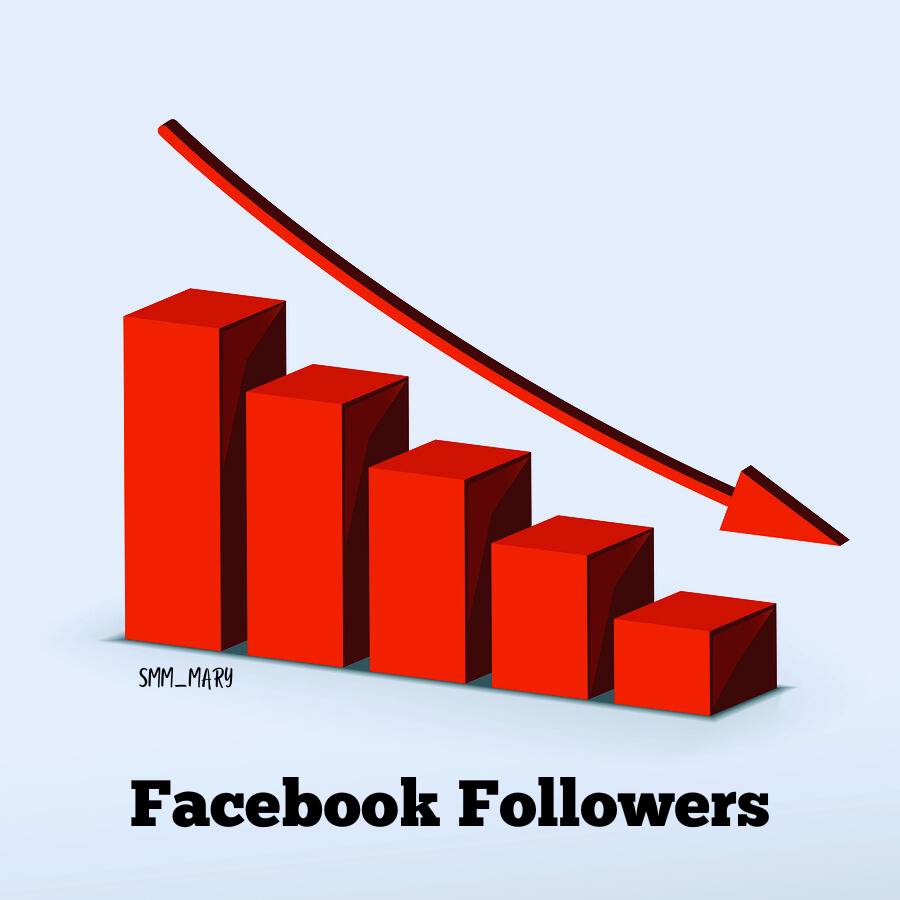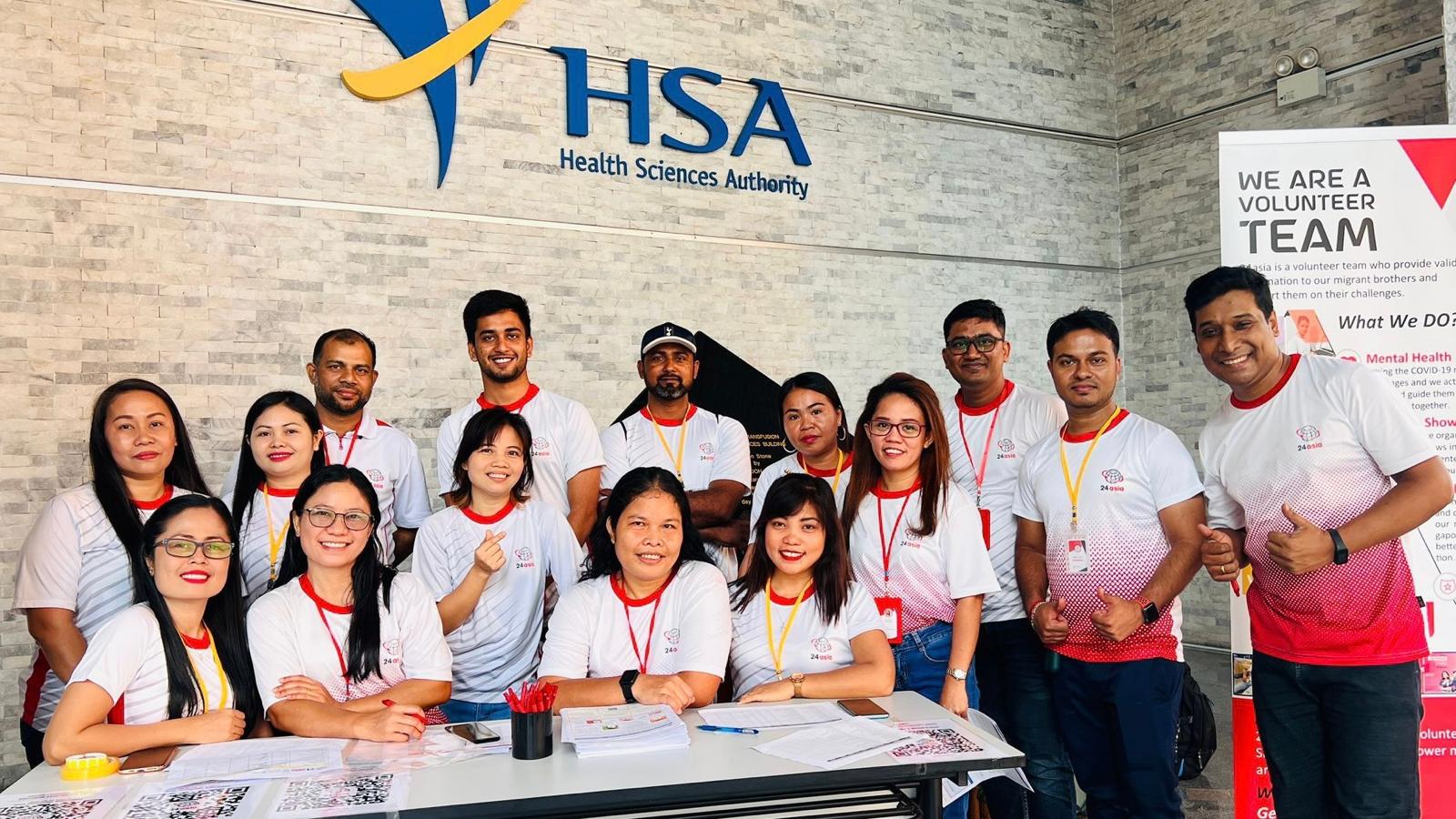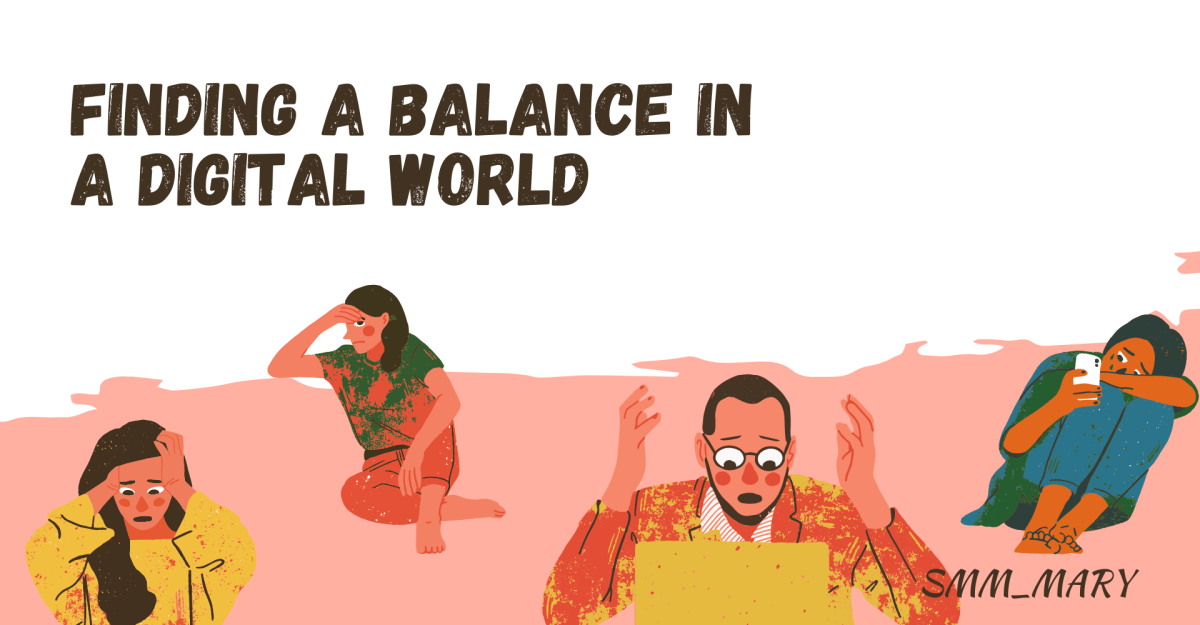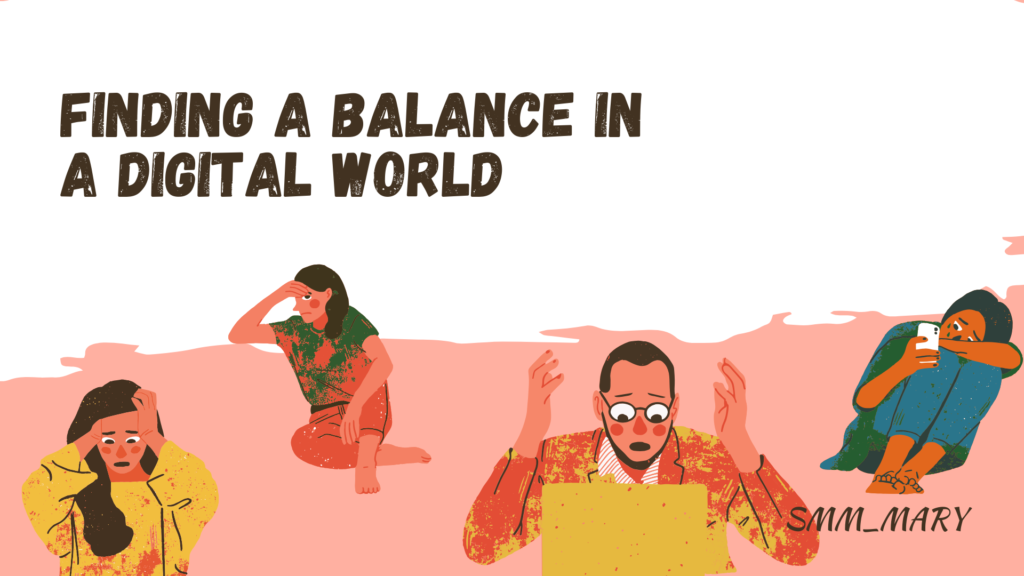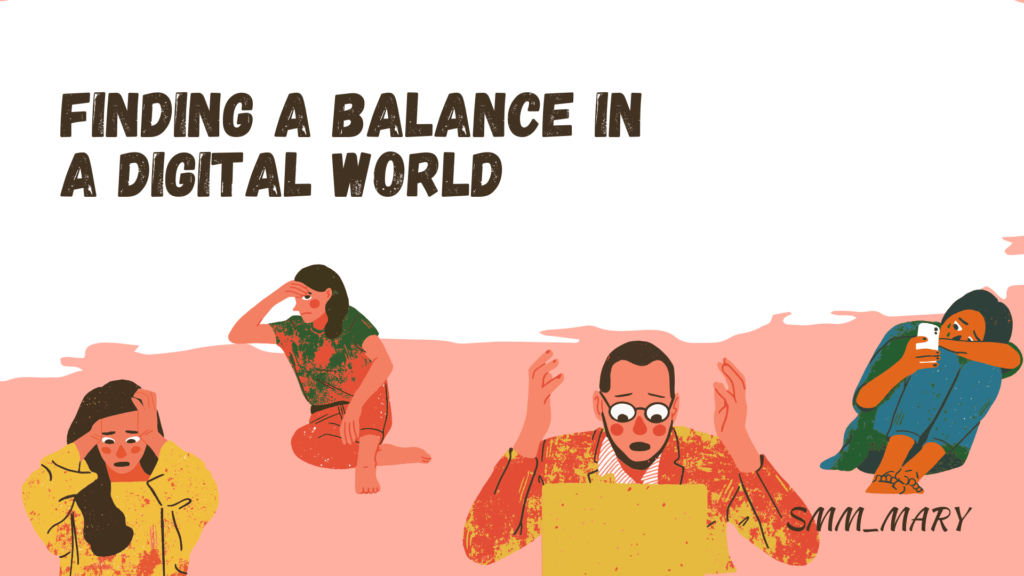
In the age of constant connectivity, social media has become a staple of daily life. From sharing personal moments to staying updated on news, we’re always just a scroll away from engaging with the world. However, as our time spent online increases, so does the conversation about social media’s impact on mental health. Studies show that while social media can foster connections and provide valuable resources, it also has potential downsides, like heightened anxiety, depression, and self-esteem issues.
So, how can we navigate this digital landscape in a way that protects and nurtures our mental well-being? Let’s explore the ways social media influences mental health, both positively and negatively, and consider strategies to help us find a healthier balance.
The Positive Impacts of Social Media on Mental Health
1. Building Support Networks
Social media provides a platform for people to connect with like-minded individuals and form communities that offer support and understanding. For those dealing with mental health issues, finding people who share similar experiences can be invaluable. Online groups, forums, and support pages allow users to discuss their struggles openly and receive encouragement and advice.
2. Raising Awareness and Reducing Stigma
Social media has played a significant role in normalizing conversations around mental health. Campaigns like #MentalHealthAwareness and #ItsOkayToTalk encourage open discussion, reduce stigma, and make it easier for people to seek help. Influencers, celebrities, and everyday users are increasingly sharing their mental health journeys, creating a more supportive and understanding online culture.
3. Access to Resources and Education
Platforms like Instagram, YouTube, and TikTok are full of mental health resources, from therapy tips and self-care advice to educational content on conditions like anxiety, depression, and PTSD. For those who might not have access to mental health services, this content can provide valuable insights and coping mechanisms. Organizations and professionals often share evidence-based resources, which can be beneficial for those seeking help or wanting to learn more.
The Negative Impacts of Social Media on Mental Health
1. Comparison Culture and Self-Esteem Issues
One of the most significant downsides of social media is the “comparison trap.” Users often post highlight reels, creating a skewed version of reality that can lead others to compare themselves unfavorably. Scrolling through images of filtered beauty, luxurious lifestyles, and seemingly perfect relationships can impact self-esteem, causing feelings of inadequacy, jealousy, or frustration.
2. Fear of Missing Out (FOMO)
Social media platforms give us an inside look into others’ lives, which can sometimes create the impression that we’re missing out on exciting experiences. The constant influx of events, travel photos, and social gatherings can lead to FOMO, making us feel left out and anxious about not measuring up. Studies have shown that FOMO is linked to increased anxiety and a sense of dissatisfaction with one’s own life.
3. Cyberbullying and Online Harassment
Cyberbullying is a well-documented issue on social media, with adolescents and teens being particularly vulnerable. But it doesn’t stop there—adults are also affected by online harassment, trolling, and hate comments. Experiencing or witnessing toxic behavior can cause stress, anxiety, and even depression. Social media anonymity can embolden users to say hurtful things, creating an unsafe environment that can take a toll on mental health.
4. Addiction and Compulsive Use
Social media is designed to be addictive. Features like infinite scrolling, notifications, and algorithms that personalize our feeds make it difficult to put our phones down. Studies have found that excessive social media use is linked to sleep problems, lack of productivity, and increased stress. Spending too much time online can create a compulsive cycle, where our minds become overstimulated, and we feel disconnected from reality.
Balancing Social Media Use for Mental Wellness
Achieving a healthy relationship with social media doesn’t mean quitting it altogether. Instead, it’s about setting boundaries and using these platforms in ways that enhance well-being. Here are some strategies to foster a more balanced approach:
1. Be Mindful of Your Content Choices
Try to follow accounts that inspire and uplift you, and don’t hesitate to unfollow those that cause stress or insecurity. Curate your feed by choosing positive, educational, or empowering content. Social media algorithms learn from your preferences, so interacting with uplifting posts will likely bring more similar content into your feed.
2. Limit Screen Time
Setting time limits for social media use can help prevent compulsive scrolling and give your mind a break. Many phones and apps now come with built-in screen time trackers and notifications, allowing you to monitor and limit your usage. Establishing boundaries, like putting your phone away during meals or before bed, can help reduce overreliance on social media.
3. Take Regular Social Media Breaks
Taking breaks from social media, whether it’s a day, a weekend, or longer, can provide a mental reset and give you time to reconnect with offline activities. Many users report feeling happier and more present during social media detoxes, as they’re less focused on others’ lives and more attuned to their own.
4. Avoid Engaging in Negative Content
While it’s tempting to get involved in online debates or read through negative comments, this behavior can impact mental health. Avoid engaging with or consuming content that makes you feel angry, anxious, or stressed. Instead, focus on constructive and positive online interactions.
5. Focus on Real-Life Connections
While online interactions have their benefits, nothing replaces in-person socializing and quality time with loved ones. Make an effort to connect with friends and family outside of social media. This not only strengthens real-life relationships but also provides support and reduces feelings of isolation.
6. Use Social Media for Personal Growth
Social media is filled with accounts focused on mental health, wellness, and self-improvement. Use it as a tool for learning new things, gaining inspiration, or finding motivation. Joining mental health communities and following supportive influencers can help you use these platforms in ways that promote positivity.
Social Media Platforms’ Role in Mental Health
Many social media companies are taking steps to address the mental health impact of their platforms. Here are some initiatives they’ve introduced:
1. Content Moderation and Anti-Bullying Tools
Platforms like Instagram, Facebook, and Twitter have implemented anti-bullying measures, such as keyword filtering, content moderation, and reporting tools. Some platforms allow users to limit comments or hide certain content to create a safer space. However, there is still a need for better enforcement to reduce harmful content.
2. Screen Time Reminders and Wellness Features
Some platforms, including Instagram and TikTok, have introduced screen time reminders and “take a break” prompts to encourage users to limit excessive use. YouTube also provides reminders for users to take breaks after extended viewing sessions, helping people to be more mindful of their online habits.
3. Mental Health Resources and Crisis Support
In partnership with mental health organizations, platforms are starting to offer crisis support resources. For instance, Instagram has added a “Get Help” option when users search for terms related to mental health, directing them to resources and hotlines for assistance. These features can be a valuable tool for those who may be struggling.
4. Transparency and Algorithm Control
Some platforms are exploring ways to increase transparency about how their algorithms work, giving users a better understanding of why they see specific content. By allowing users more control over their feeds, social media platforms can help foster a more intentional, positive experience.
Building a Healthier Relationship with Social Media
Social media is a double-edged sword—it can foster connection and inspiration, but it can also lead to feelings of inadequacy, anxiety, and isolation if not used mindfully. The key is to find balance and be aware of how social media affects your mental well-being. Set boundaries, curate your content, and prioritize real-life interactions to maintain a healthier relationship with these platforms.
As we move forward in an increasingly digital world, both users and social media companies have a role to play in ensuring social media serves as a tool for positive impact rather than a source of stress. By being mindful of our usage, supporting mental health resources, and promoting respectful online interactions, we can help build a more supportive and mentally healthy online community for everyone.


